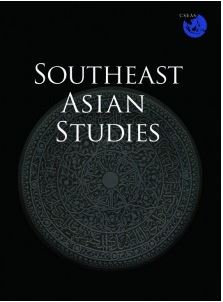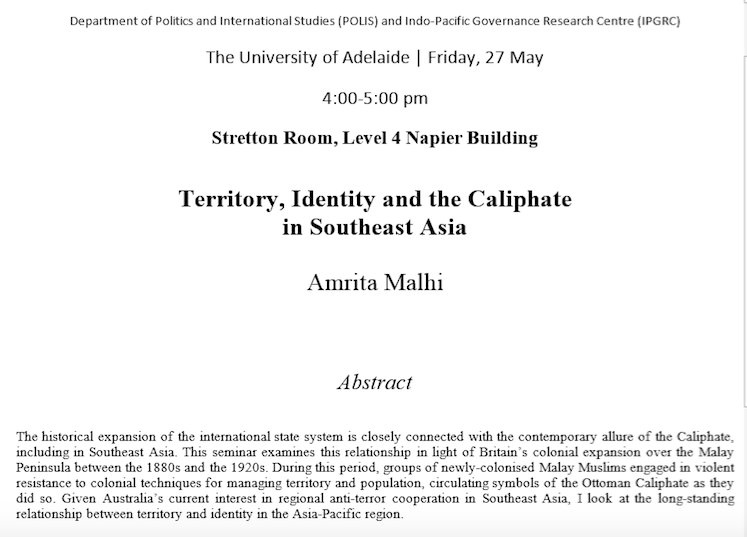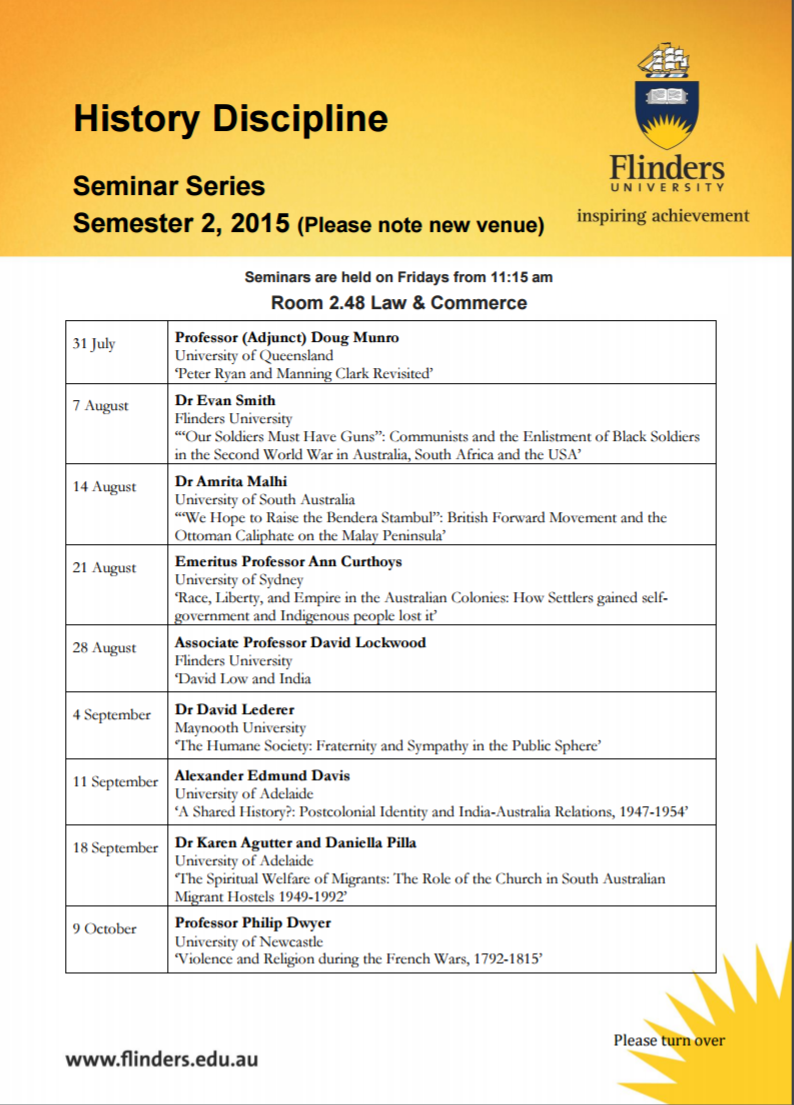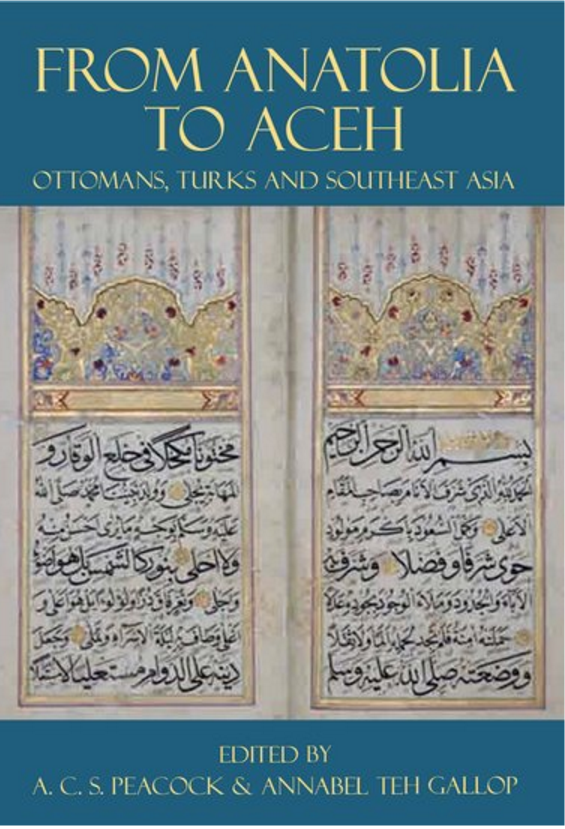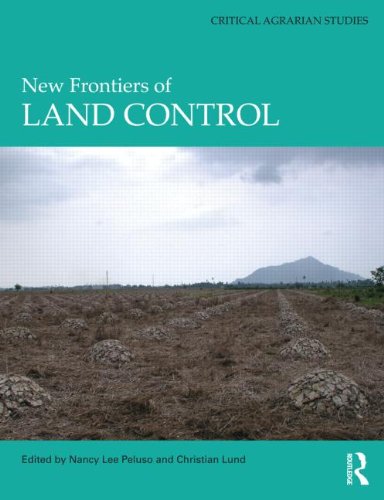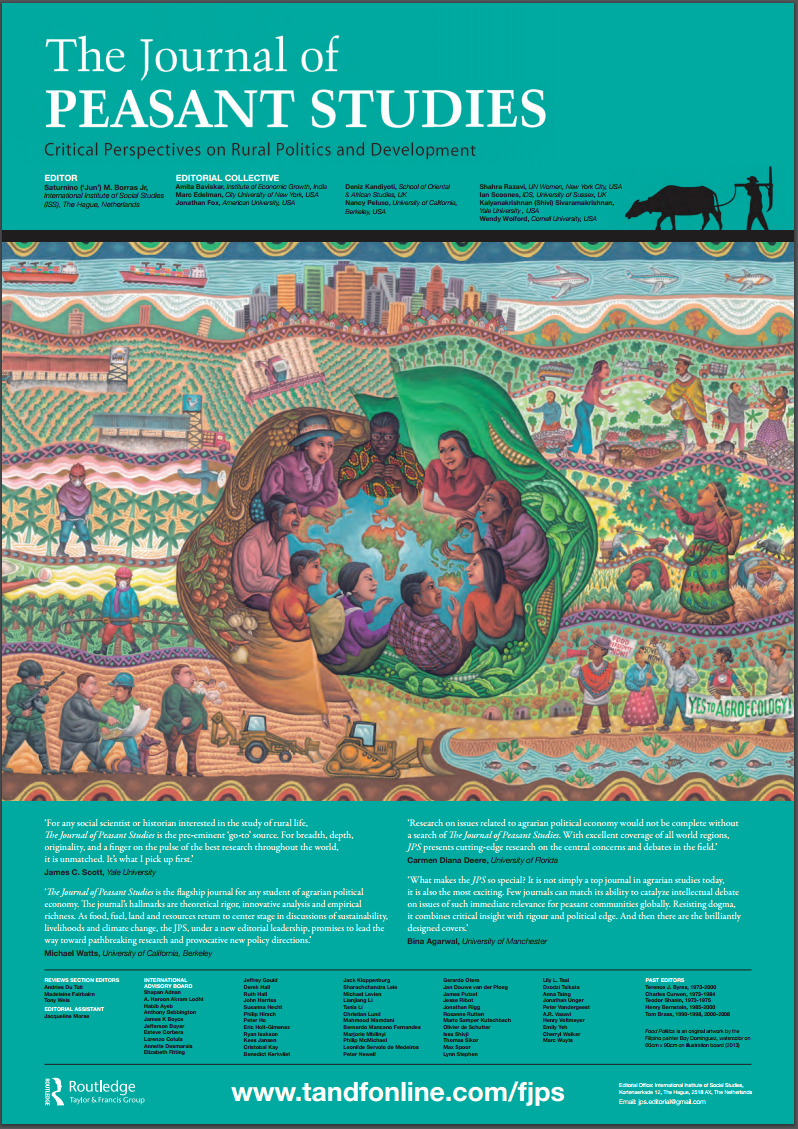A poster issued by the Journal of Peasant Studies.
In my article in the Journal of Peasant Studies, I look at how struggles related to land control fed in to an Islamist uprising in Malaya in 1928. I examine how the colonial enclosure of territory was related to projects for producing colonial subjects, and how these projects were opposed in the language of jihad, caliphate and holy war. The article is in a special issue of the journal titled New Frontiers of Land Control, edited by Nancy Lee Peluso and Christian Lund.
My abstract is here:
Land control struggles were central to multiple projects of enclosure in colonial Malaya. Indeed, enclosures created Malaya, a discrete geo-body constructed by bounding the Malay polities of the Malay Peninsula. It also underpinned technocratic regimes for managing land, forest and property, including in Terengganu, the last peninsular state to be colonised. Enclosure, however, was directed not only at territorialising landscapes; it was also a biopolitical project for bounding subjects and subjectivities, producing both Malayans and racially-constructed Malay peasants. One response by Terengganu cultivators, a holy war,was grounded in an audacious globalism, through which they rejected the enclosures which bound them in ever-tightening webs of discipline and control.
If you can access it, the full text is available from Taylor and Francis.
